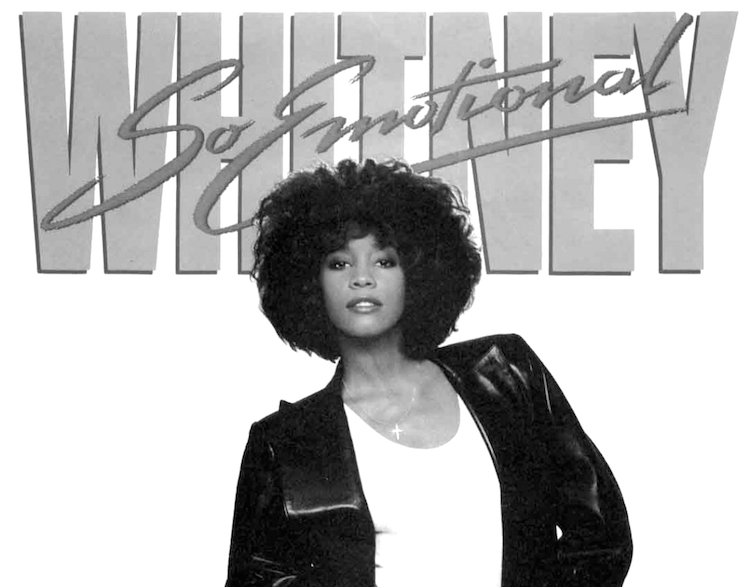
It’s Not Personal. It’s Not Business. It’s Emotional.
Employees are people. Customers are people. Entrepreneurs and business leaders are people, too.
Conclusion?
Companies are created by people and run by people, to service the needs and wants of people. Despite this fairly obvious observation, we tend to manage business and personal matters differently.
For instance, you might have deep empathy for your child or family at home but not have empathy for your employees at work.
Or, you know from your personal life, that you’re at your best when feeling passionate about a project, but you regularly take on business opportunities you or your company aren’t passionate about, purely for financial gain.
And individuals often are deeply spiritual or creative in their free time but don’t apply those same values or skills in the workplace.
It’s only rational to think that what brings you success and fulfillment in your personal life will also bring you success and fulfillment at work. Therefore, all the ideals I espouse are applicable to both your business and personal lives, because both are made up of people.
The more I research the emotional elements, the more I realize the divided approach—life on one side, business on the other—is not only ridiculous but harmful to the bottom line. In the Western world, most individuals run their lives focused solely on meeting their financial needs, and most organizations make decisions based solely on their P&Ls. Traditionally, little or no value is placed on understanding the emotional elements. But in the modern market, it’s creativity, a purely emotional element, that has the ability to change the value of a business simply by altering its perception or usage.
But this truth isn’t limited to business; the same concept applies to individuals. Once we’ve met our basic needs—safety, security, sustenance, and shelter—those same emotional elements, not material wealth, determine our level of fulfillment or, as some may refer to it, our personal success. These parallel truths—that amazing achievement and lasting fulfillment for both individuals and organizations come from understanding and harnessing the emotional elements—are critical to flourishing in the modern age, the Age of Ideas.
For example, the creation or ongoing success of a product is entirely dependent on its ability to influence people’s actions, primarily by getting them to make a purchase or use a product. Just think of the Internet, which is completely designed to get you to take a specific action, such as consuming content, making a purchase, or filling out a lead form. Not one web page exists without this intention. And the influencing of people’s actions is completely based on impacting them emotionally.
We’re all emotional beings. To manage, sell to, parent, support, or lead people, we must understand and value the emotional as much if not more than the practical. Only when you accept and embrace this fact will you be able to fully unlock your potential.

